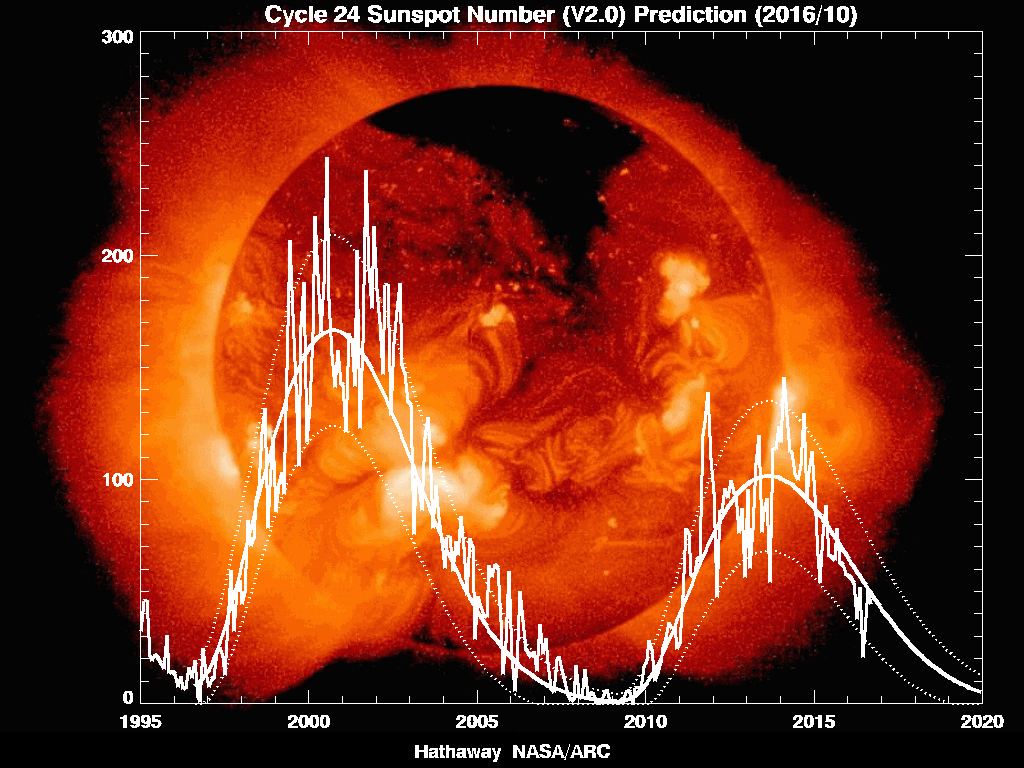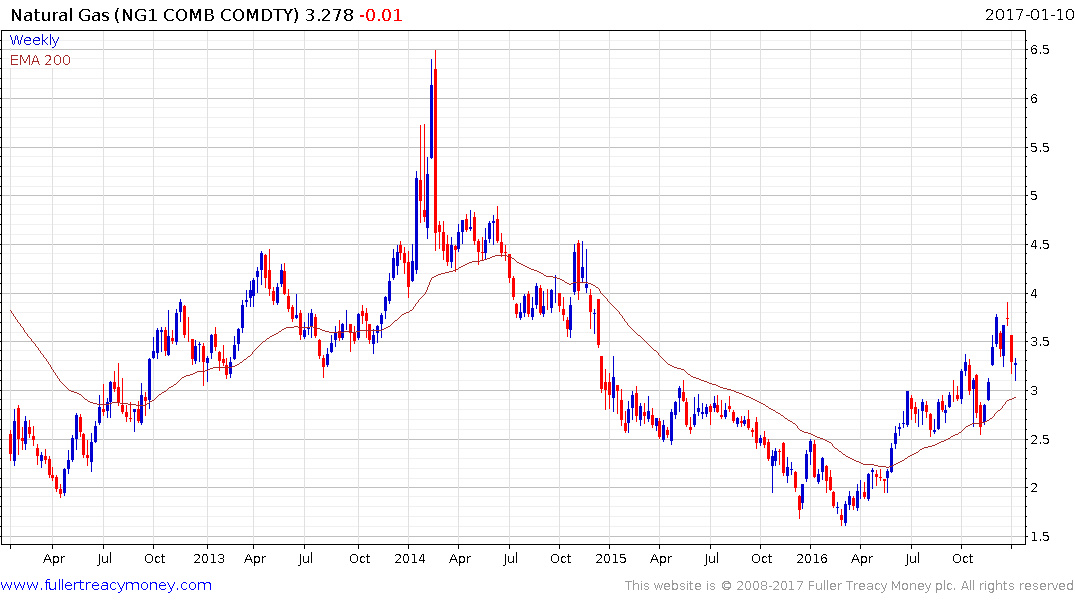Musings from the Oil Patch January 10th 2016
Thanks to a subscriber for this edition of Allen Brooks’ ever interesting report for PPHB. Here is a section global cooling:
As for a new Ice Age, the Russian Academy of Science’s Pulkovo Observatory in St. Petersburg, considered one of the world’s most prestigious scientific institutions, recently issued a new study titled, “The New Little Ice Age Has Started.” According to the study, the average temperature around the globe will fall by about 1.5o C (2.7o F) when the planet enters the deep cooling phase of this new Little Ice Age, expected in the year 2060. The study goes on to predict that after 2060 the Earth will experience four-to-six 11-year solar cycles of cool temperatures before beginning the next quasi-bicentennial warming cycle around the turn of the 22nd century.
Habibullo Abdussamatov is the head of space research at Pulkovo and the author of the study. He has been predicting the arrival of another ice age since 2003, based on his study of the behavior of the sun’s different cycles and the solar activity that then results. His model is based on data from the Earth’s 18 earlier little ice ages over the past 7,500 years, six of them experienced during the last thousand years. Based on his model, he began predicting over a decade ago that the next little ice age would start between 2012 and 2015. Abdussamatov’s models have been affirmed by actual data, including the rise of the oceans and the measurable irradiance sent earthward by the sun. Given the accuracy of his predictions, which have been demonstrated in numerous studies since 2003, he now predicts that we entered the 19th Little Ice Age in 2014-2015. This forecast would appear to fly in the face of climate change scientists pointing to 2015 and 2016 as being the warmest years on record – and forecasts that we will experience more record warmth in coming years.
Mr. Abdussamatov’s views stand in opposition to the conclusions of climate models, as he has tied his forecast of a prolonged cooling spell to solar, not man-made, factors. The recent disappearance of sunspots from the face of the sun, which also occurred during the Little Ice Age in the late 1600s, has made Mr. Abdussamatov’s contention no longer an isolated view. In fact, organizations such as the National Astronomical Observatory of Japan and the Riken research foundation have reached similar conclusions. The battle over whether man-made or natural forces are the primary driving force behind global warming and climate change will likely become more contentious in the next few years. The key point is that the world’s population is at greater risk of serious harm from colder temperatures rather than warm temperatures, which seems to be ignored by government officials and the media. We guess, cold and ice doesn’t lend themselves to as spectacular disaster scenes as heat-related weather events.
Here is a link to the full report.
I am more than willing to accept that humans have an impact on our environment. After all there are a lot of us and we engage in a great many industrial activities. However the sun is a major contributor to weather patterns and its cycles cannot simply be ignored. I predicted back in 2009 the most recent solar activity peak would represent a lower low and that has now come to pass. As we head into another solar minimum we can anticipate colder winters in the years ahead. However to go from there to a prediction of an impending mini-Ice Age is quite a leap.

It would require a much lower peak than the last high in solar activity and whether the quantity of carbon in the atmosphere will lessen the effect of a long trend of low solar activity is as yet an unanswerable question.

These are long-term potential considerations. In the short term, natural gas prices have bounced from the region of the trend mean to hold the yearlong progression of higher reaction lows. A sustained move below $3 would be required to question medium-term scope for additional upside.


